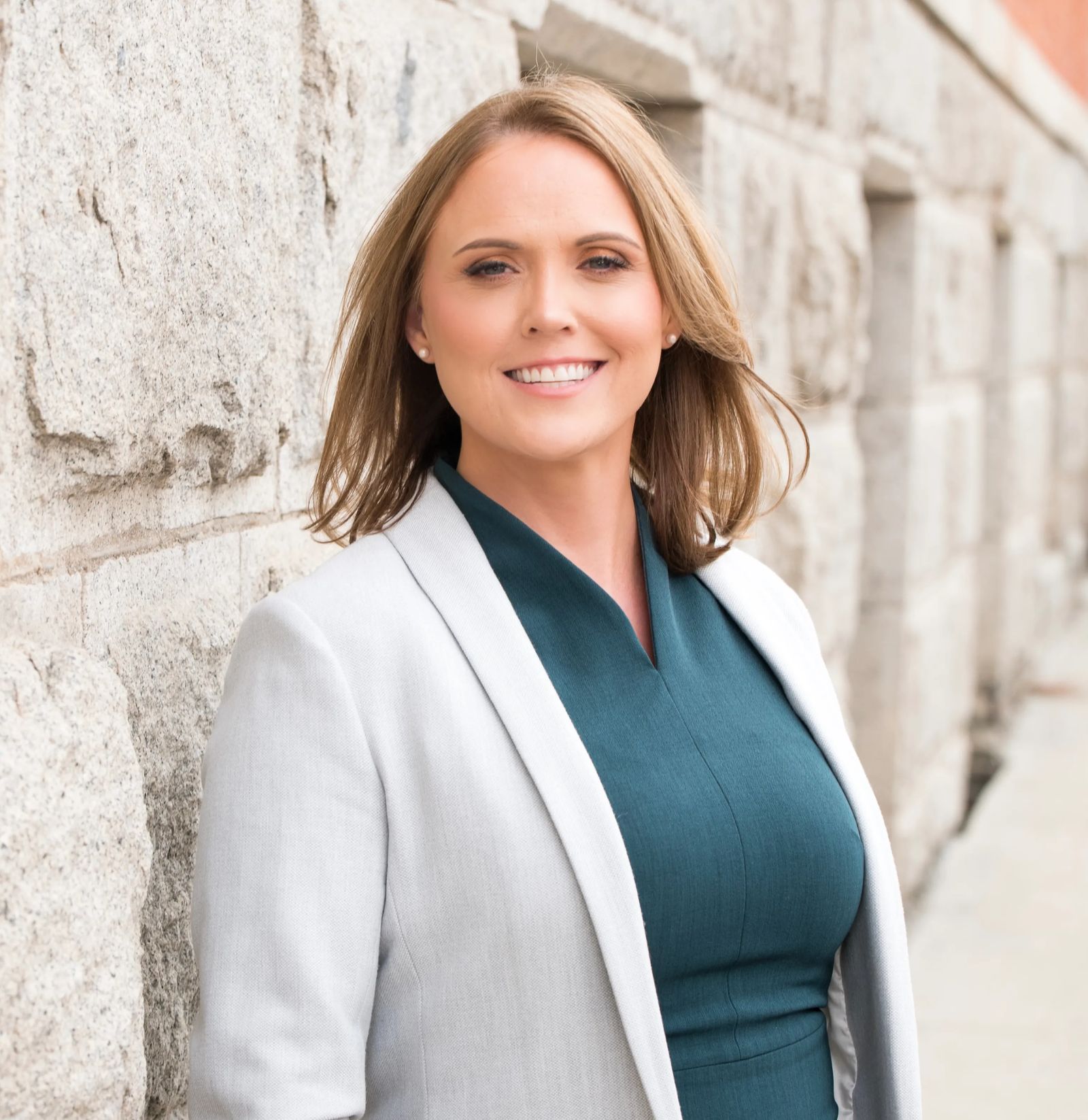

Vantage Point: MSP As An Ecosystem
november 10, 2022 –amber worman, MHA, CIC, MSCC, CMSP, ARM, AIC-M, AINS
WorkersCompensation.expert is pleased to feature a guest column written by Amber Worman, a specialist in the Medicare Secondary Payer landscape and workers' compensation claims.
_________________________________________________________
Vantage Point: MSP As An Ecosystem
AMBER WORMAN, MHA, CIC, MSCC, CMSP, ARM, AIC-M, AINS
November 10, 2022
During a recent Workers’ Compensation conference presentation, I requested a show of hands from the audience to identify those having knowledge about Medicare Set Asides, then Conditional Payment Liens and finally Section 111 Mandatory Insurer Reporting. Most of the hands shot up for Medicare Set Asides, but interestingly dwindled down to very few by the time Section 111 Reporting was mentioned.
The point of the exercise was to reflect a fundamental misunderstanding that many insurance professionals have about Medicare Secondary Payer (MSP) risk: That each aspect, Medicare Set Asides for example, is somehow separate and distinct from the others.
This is a mistake. MSP risk cannot truly be compartmentalized into silos. In fact, the MSP environment functions more as an ecosystem where each regulatory aspect interacts with the rest. Organizations that understand this and manage MSP risk accordingly enjoy many advantages.
Claims Handling
Embracing an integrated systems view of the MSP landscape reveals opportunities to improve claim handling and incentivize better claims reporting. A truly comprehensive approach to MSP risk begins on day one of any injury to a Medicare beneficiary.
Suppose your organization struggles with lag time in claims reporting from an employer. Perhaps this employer only notifies your organization of an injury when medical treatment is sought. Consider what might happen when a Medicare-eligible injured worker decides the prior-authorization process for workers’ compensation is less than desirable. Because of this, he or she has medical treatment billed to Medicare instead. Maybe the employer doesn’t know medical attention was sought until six months later when the injured worker asks about wage loss benefits for an upcoming surgery related to the original work injury.
While claims handling disadvantages are likely obvious, its also valuable to recognize that your organization cannot timely identify and proactively manage the MSP risk of an injured Medicare beneficiary in a scenario like this. Any claim related treatment for which Medicare paid would now be a Conditional Payment Lien (CPL) requiring time and attention to review and resolve at some point in the future. Claim reporting presents a crucial opportunity to facilitate early identification of Medicare status and mitigate future MSP risk. Explaining this to a previously reluctant employer might create new incentive to improve their claim reporting lag time. But it takes an understanding of MSP as an ecosystem for a risk organization to recognize and strategically leverage these types of opportunities.
Examiner Efficiency
When a claims examiner receives a CPL Demand from CMS, they may already know to investigate the list of dates of service, providers, and ICD Codes for claim relation. They might also be aware that such a demand letter has important deadlines and to prioritize the review accordingly. However, does the claim examiner understand that verifying the accuracy of ICD Codes listed on the claim’s Section 111 Report can prevent future CPL errors? If incorrect ICD Codes are not updated and continue to be listed on the Section 111 Report, the potential continues for receipt of additional CPL demands with errors.
This results in unnecessary additional time/attention demands on the claim examiner whose bandwidth may be more efficiently used on other tasks. Failure to appreciate and mitigate the relationship between Section 111 Reporting and CPLs results in yet another missed opportunity to both effectively and efficiently manage MSP risk.
Customer Service
Medicare eligible claimants are directly impacted by how your organization chooses to manage MSP risk. Some consequences can be quite startling for the claimant. A termination of Ongoing Responsibility for Medicals (ORM) on a claim’s Section 111 Report signals to CMS the end of the responsible reporting entity’s (RRE) intention to pay for treatment related to the corresponding ICD codes going forward. A Total Payment Obligation to Claimant (TPOC) entry on the same Section 111 Report notifies CMS that the Medicare beneficiary has received lump sum monies from the RRE. CMS expects that those monies will be utilized by the Medicare Beneficiary to pay for future treatment needs related to the ICD Codes listed on the Section 111 Report. Do most claim examiners understand that CMS may now generate a CPL Notice directly to the claimant for dates of service after the ORM termination date?
Imagine being a claims examiner answering a frantic phone call from a panicked Medicare claimant who just received an intimidating letter from CMS demanding repayment. The quality of customer service possible on this call will depend on the MSP knowledge possessed by the claims examiner and will be a direct reflection of your organization’s approach to MSP risk. If you are sincere about excellence in customer service, it is imperative to be equipped with a comprehensive understanding of the MSP risk environment.
As these examples demonstrate, the MSP environment and it’s evolving nature is highly complex. It is well worth the time to reconsider the traditionally siloed view of MSP. Strategically approaching MSP as an ecosystem greatly benefits risk organizations as well as our injured workers and provides opportunities for operational advantages otherwise unrealized.
Amber Worman is a nationally recognized Workers' Compensation & Medicare Secondary Payer risk expert and public speaker. She is the founder of AK Worman & Associates, a modern consulting firm providing innovative solutions in the evolving Workers' Compensation space. Amber can be contacted by e-mail @ Amber Worman or by telephone @ (406) 546-3636.

___________________________________________________________
Takeaway: A solid claims practice MUST include claims adjusters/examiners that are well-trained and well-versed in all aspects of the MSP Act, Section 111 reporting, how to identify recovering workers that are considered beneficiaries under the MSP Act, how to correctly create settlements which close the workers' compensation claim for medical benefits for Medicare beneficiaries, and the implications of the correct reporting and termination of ORM. *MJM
